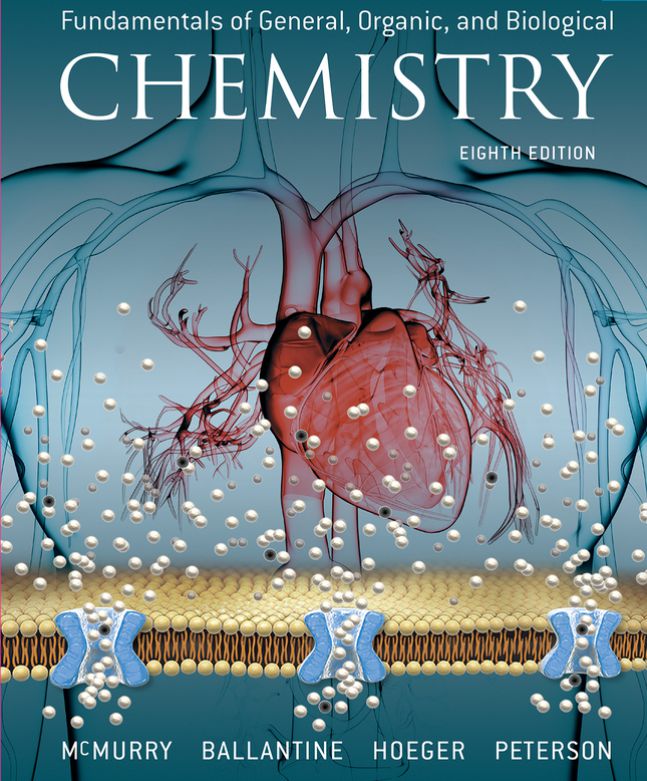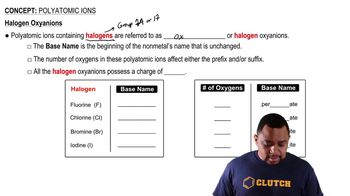What do we mean when we say an enzyme is saturated with substrate? When an enzyme is saturated with substrate, how does adding more (a) substrate and (b) enzyme affect the rate of the reaction?

Does the enzyme described in each of the following statements require a cofactor to be active?
c. The presence of K+ does not affect the reaction.
 Verified step by step guidance
Verified step by step guidance
Verified video answer for a similar problem:
Key Concepts
Enzymes and Cofactors

Role of Potassium Ions (K⁺)

Enzyme Activity and Regulation

What kind of reaction product might be a competitive inhibitor for the enzyme that catalyzes its formation?
Which type of enzyme regulation is best for the following situations?
a. An enzyme that becomes overactive during a disease
b. An enzyme needed only when there is low blood glucose
c. An enzyme that springs into action when a traumatic injury occurs
d. An enzyme needed only during adolescence
Which vitamin provides us with each of the following?
b. Coenzyme A
Compare the structures of vitamin A and vitamin C. Which one is water-soluble and which is fat-soluble? What structural features does each have that make one water-soluble and the other fat-soluble?
Based on the structure shown for retinol (vitamin A) and the names of the two related forms of vitamin A, retinal and retinoic acid, what do you expect to be the structural differences among these three compounds?
